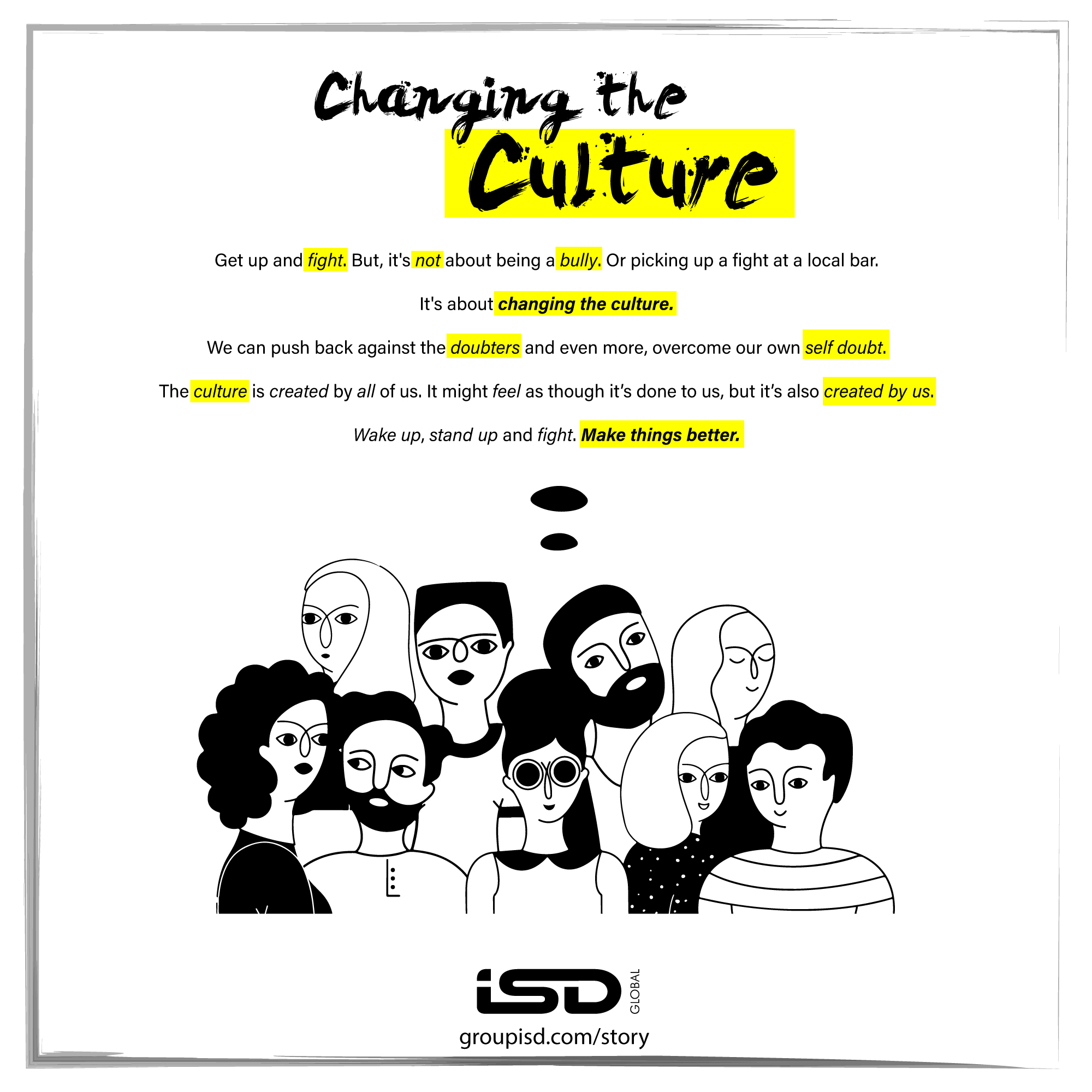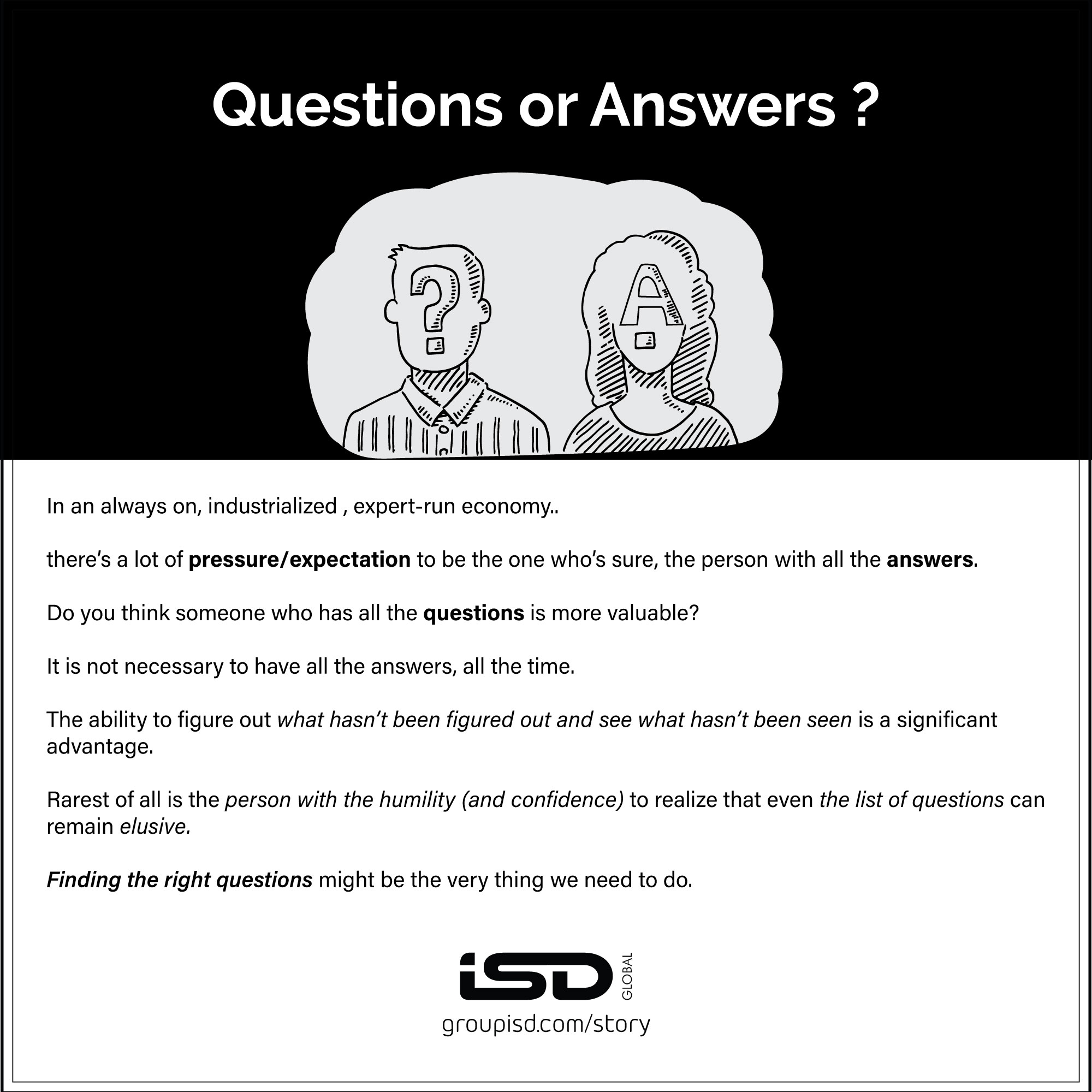This probably might not be for those who miss fitting in. I am sorry if it is not for you. Perhaps I don’t fit in. That said, I am happy to be a misfit !
The famous rapper and singer Drake said, “I was born to make mistakes, not to fake perfection “.
If vulnerability is your strength, you might be a misfit..
If standing naked in your own truth is your go-to attire, you might be a misfit..
If your answers are questions, you might be a misfit..
If you are leading as a follower, you might be a misfit..
If you sit comfortably while standing inside your own failure, you might be a misfit..
If you don’t fall prey to the ‘ wisdom of the crowds ‘, you might be a misfit..
If you are contrarian in your thinking, you might be a misfit..
If you don’t run the wanting to be an ‘ also ran race ‘, you might be a misfit..
If you are open about your ‘ imposter syndrome ‘, you might be a misfit..
If, as a personality, you don’t want to B Type A, you might be a misfit..
If you see shame in being the same, you might be a misfit..
If ‘ out of place ‘ is the place you seek, you might be a misfit..
If you don’t want to be all things to all people, you might be a misfit..

It must have come as a relief that a lot of us misfits so have so many places to go to, situations to be in and standards to be measured by. Perhaps because, institutionalized rejection of difference is an absolute necessity in a profit economy which needs we outsiders as surplus people.
As Sarah Addison Allen put it out it so beautifully “ Misfits need a place to get away, too. All that trying to fit in is exhausting.
ENDS


